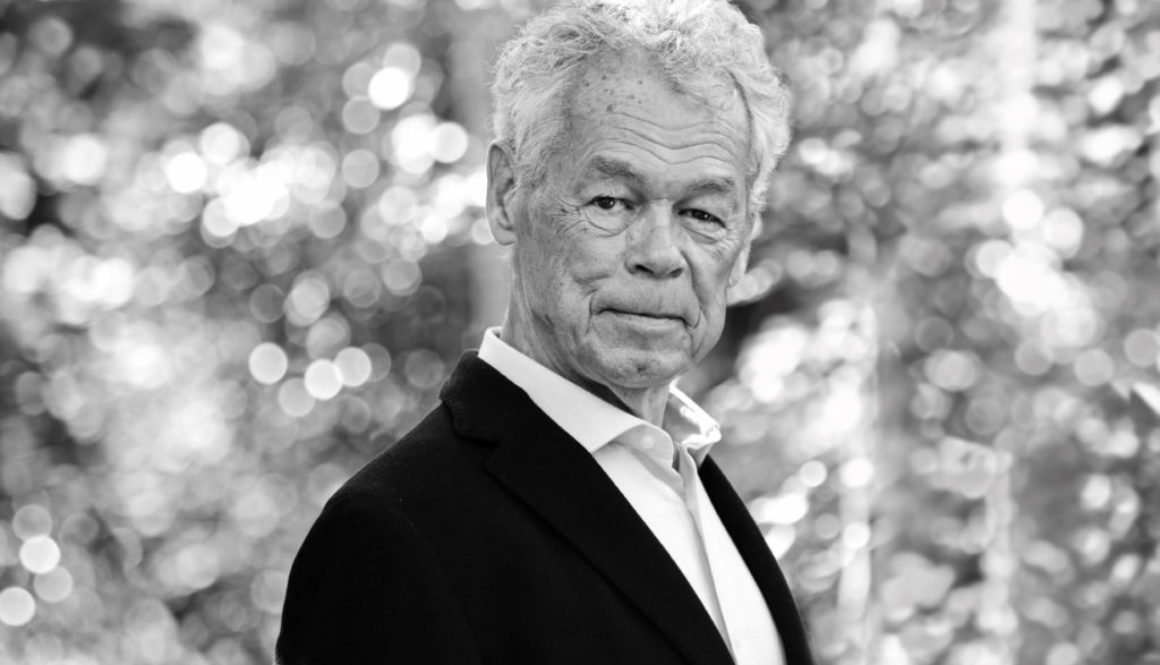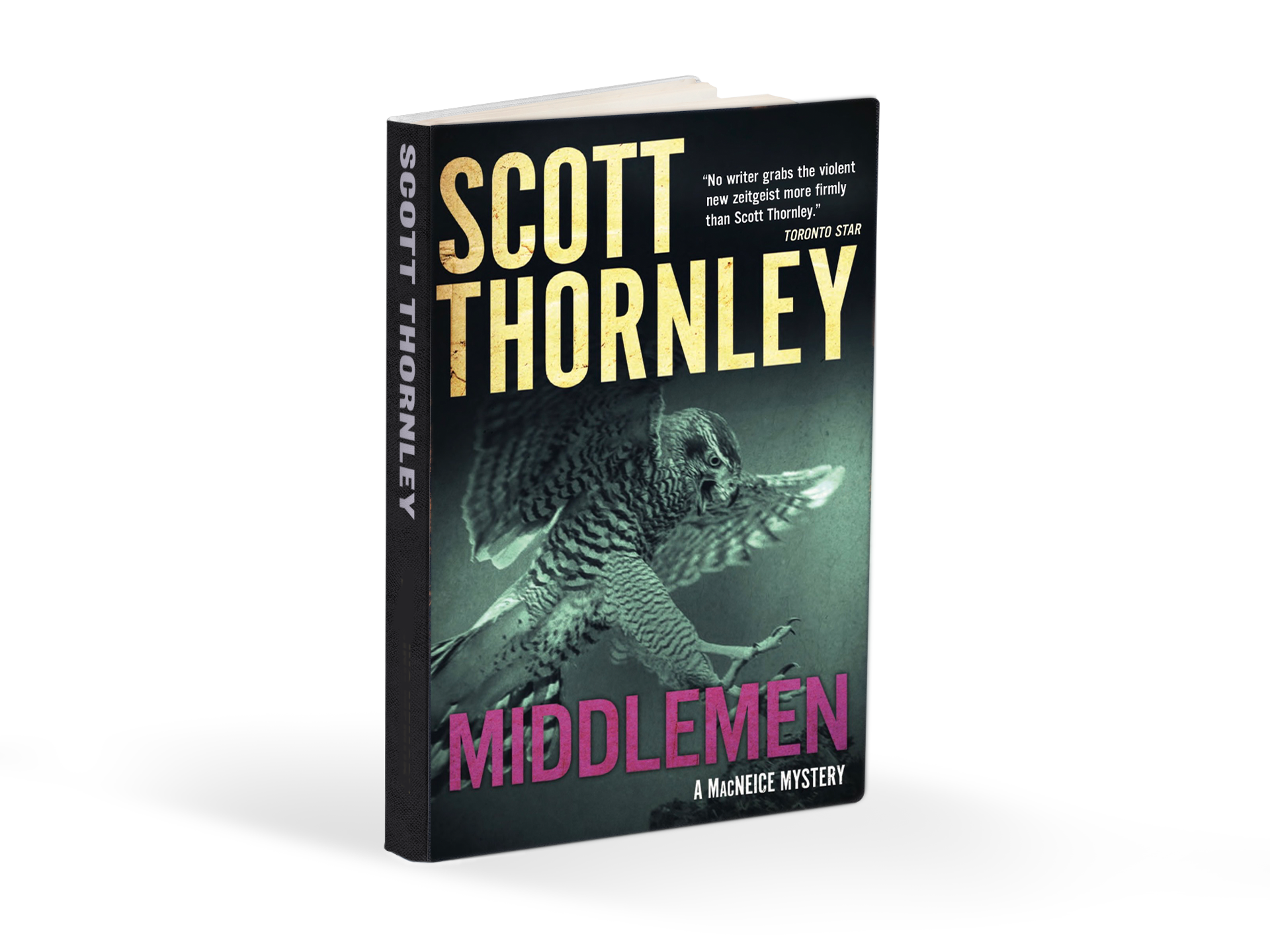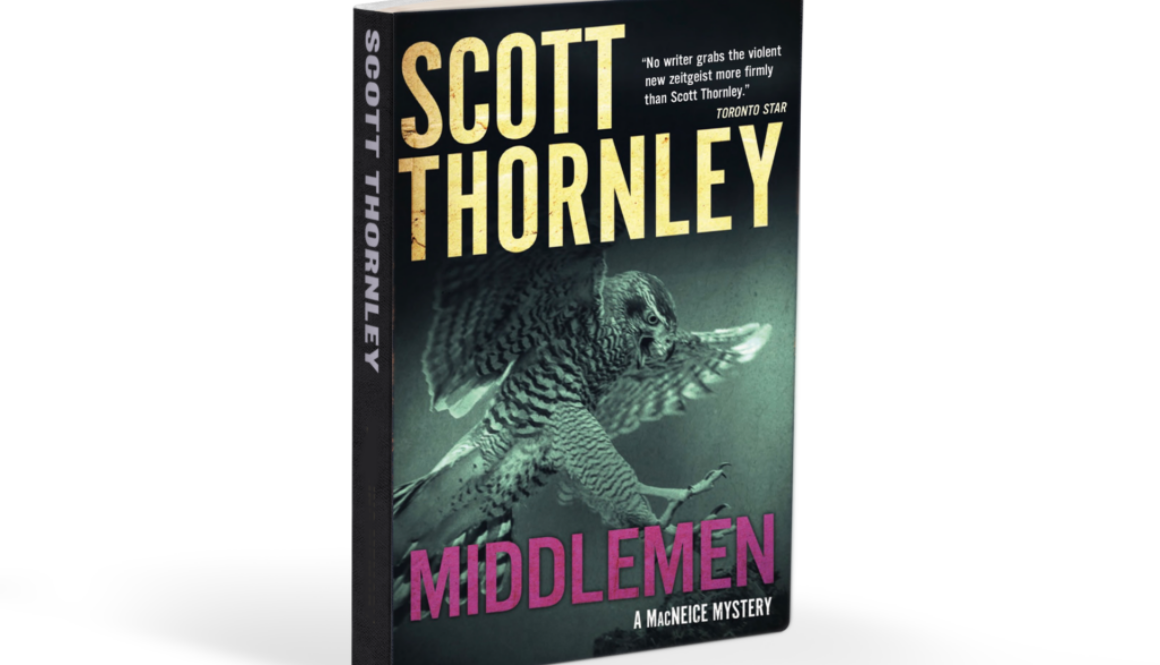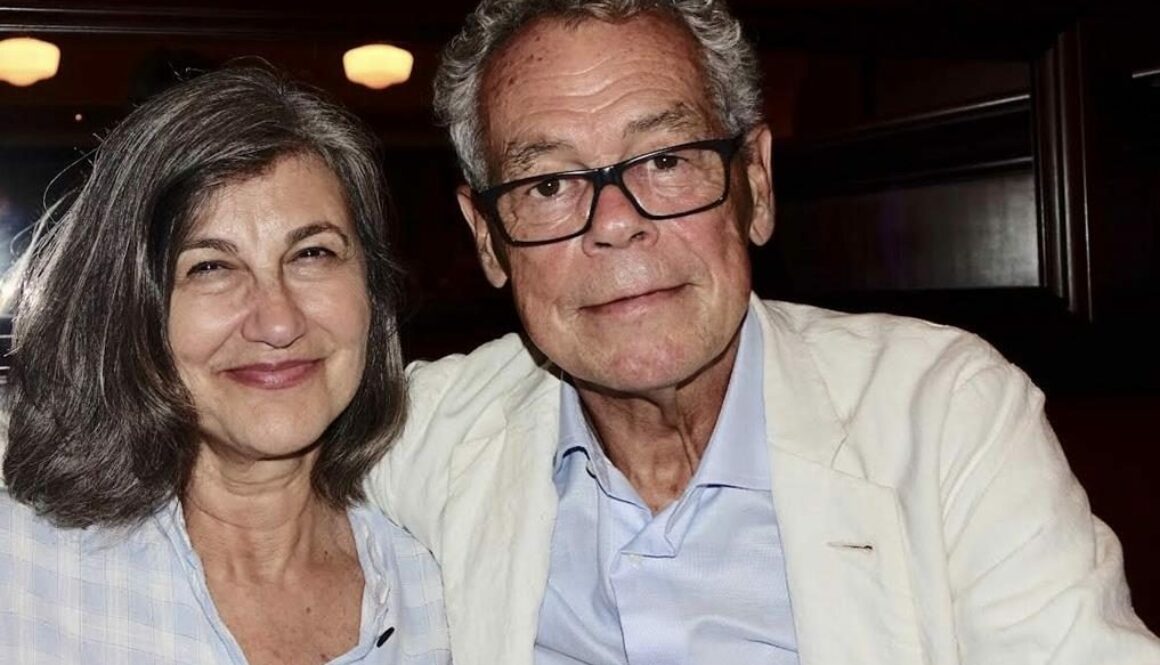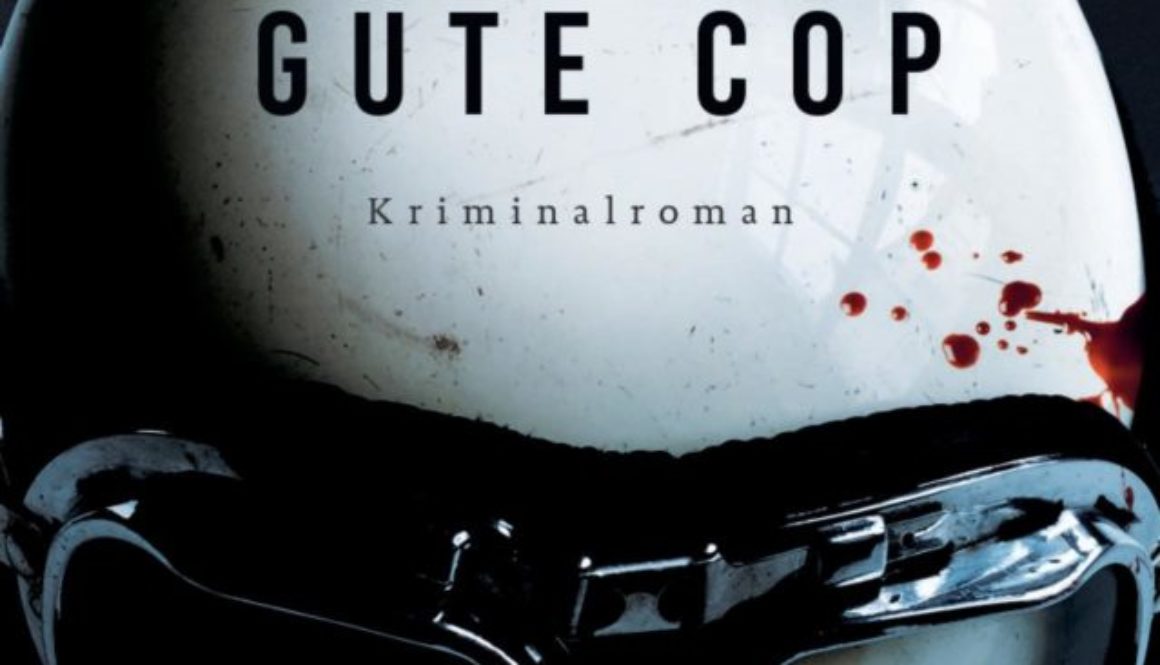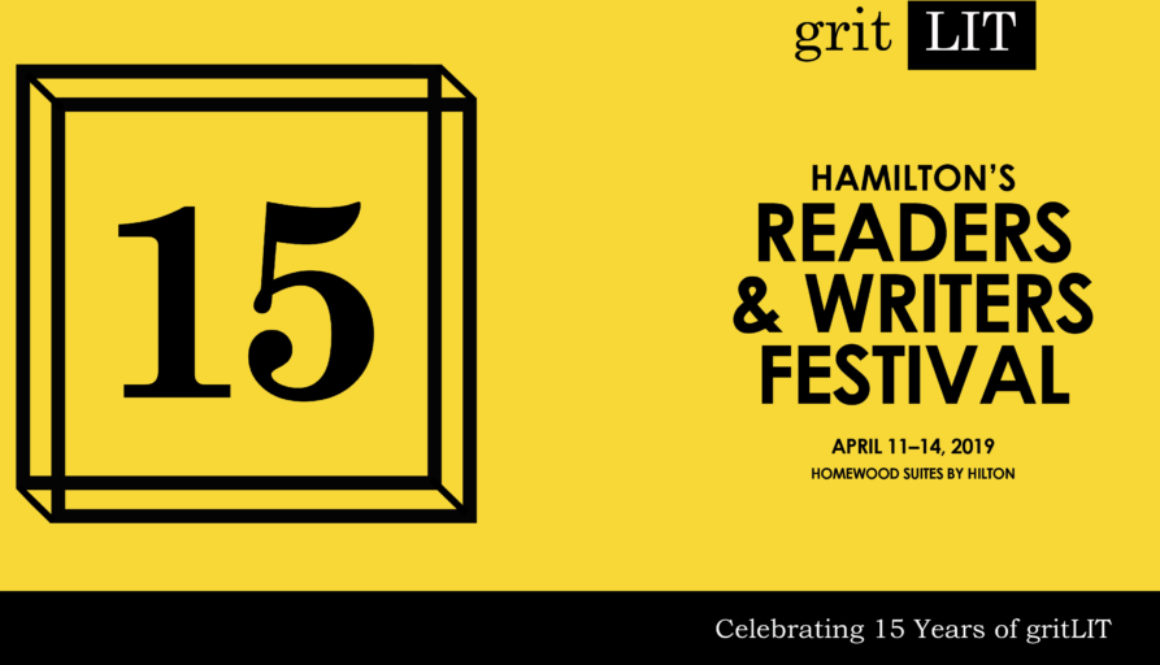Ten Thrillers to Read in the Heat of Summer – The Globe and Mail
The Globe and Mail lists Middlemen in their list of 10 thrillers to read this summer! Here’s what they’ve got to say about it:
“Let’s just say it: Scott Thornley’s fifth mystery featuring detective superintendent MacNeice is terrific. Each scene takes place in identifiable southern Ontario sketched by an author who loves this place.
We begin with a terrible scene: MacNeice’s friend Jack found injured by the roadside, covered in blood and bone fragments. Something awful has happened but what and where? Following the trail of blood, MacNeice and his team find the scene of a crime and evidence of two deaths but no bodies. Just what happened?
While the obvious signs of crime are present, that’s not really what this book is about. The title is a clue. What is a middleman? When there’s more than one, who is the top man? Thornley moves us through a series of related crimes and makes it all completely clear. Definitely not to be missed.”

